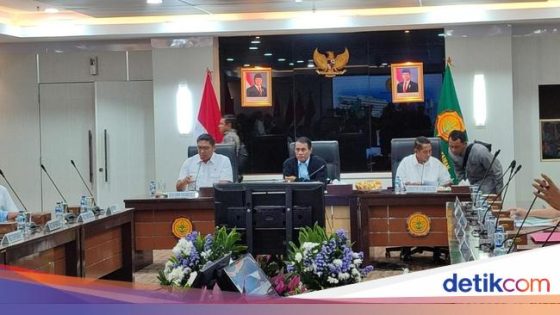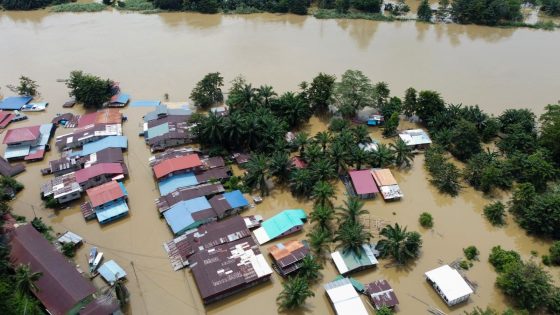On February 9, 2025, Minister of Agriculture Andi Amran Sulaiman held a crucial meeting with the new leadership of Perum Bulog in Jakarta. This meeting aimed to reinforce the commitment to achieving food self-sufficiency in Indonesia. But how will these changes impact the agricultural landscape?
- Meeting held with new Bulog leadership
- Commitment to work without weekends
- Gabah price set at Rp 6,500/kg
- Target to absorb 3 million tons of rice
- Optimism about achieving rice absorption goals
New Leadership at Bulog: Aiming for Food Security in Indonesia
What does the new leadership at Bulog mean for Indonesia’s food supply? The recent meeting highlighted a strategic shift towards continuous operations, even on weekends. This decision reflects a strong commitment to food security and self-sufficiency.
Key Strategies for Achieving Food Self-Sufficiency in Indonesia
The Ministry of Agriculture and Bulog are implementing several key strategies to ensure food security:
- Continuous operations without breaks to maximize productivity.
- Mandatory purchase price of Rp 6,500/kg for rice from farmers.
- Targeting the absorption of 3 million tons of rice by April 2025.
- Utilizing surplus rice production to strengthen national reserves.
Commitment to Agricultural Growth and Stability
With the new policies in place, the government aims to stabilize rice prices and ensure farmers receive fair compensation. This is vital for maintaining agricultural growth and encouraging more farmers to invest in rice production.
Impact on Local Farmers and the Economy
The fixed price for rice purchases directly benefits local farmers, providing them with a reliable income. This initiative not only supports farmers but also strengthens the overall economy by ensuring a steady food supply.
Future Outlook: Optimism for Rice Production
The leadership at Bulog is optimistic about meeting the rice absorption target. With a projected surplus of over 4 million tons by April, the focus is on efficient collection and distribution to maintain food security across Indonesia.
In conclusion, the Indonesian government is taking significant steps towards ensuring food self-sufficiency, which could inspire similar efforts globally. As the agricultural landscape evolves, the commitment to continuous improvement remains a priority.

















![[VIDEO] Lelaki pukul pelajar sehingga berdarah di Kajang sudah ditahan, Caprice dedah individu yang sama pernah tampar 2 budak lelaki tahun lalu - Berita](https://news.faharas.net/wp-content/uploads/2025/03/Shocking-Attack-Man-Arrested-for-Beating-Student-Linked-to-Past-230x129.jpg)















